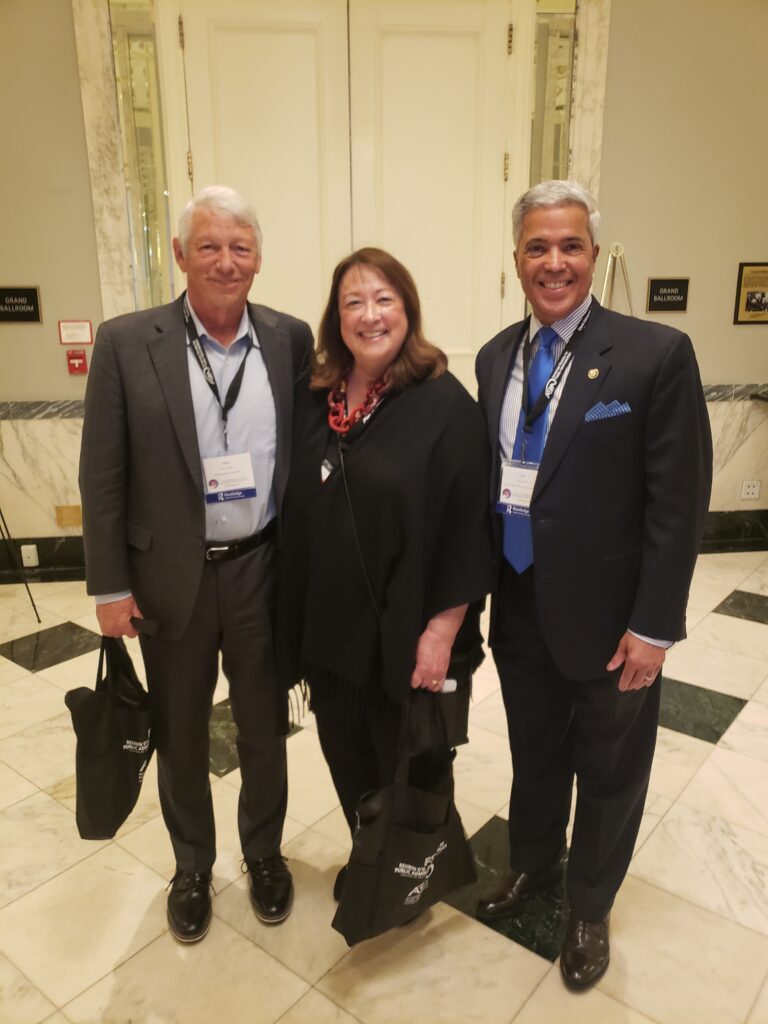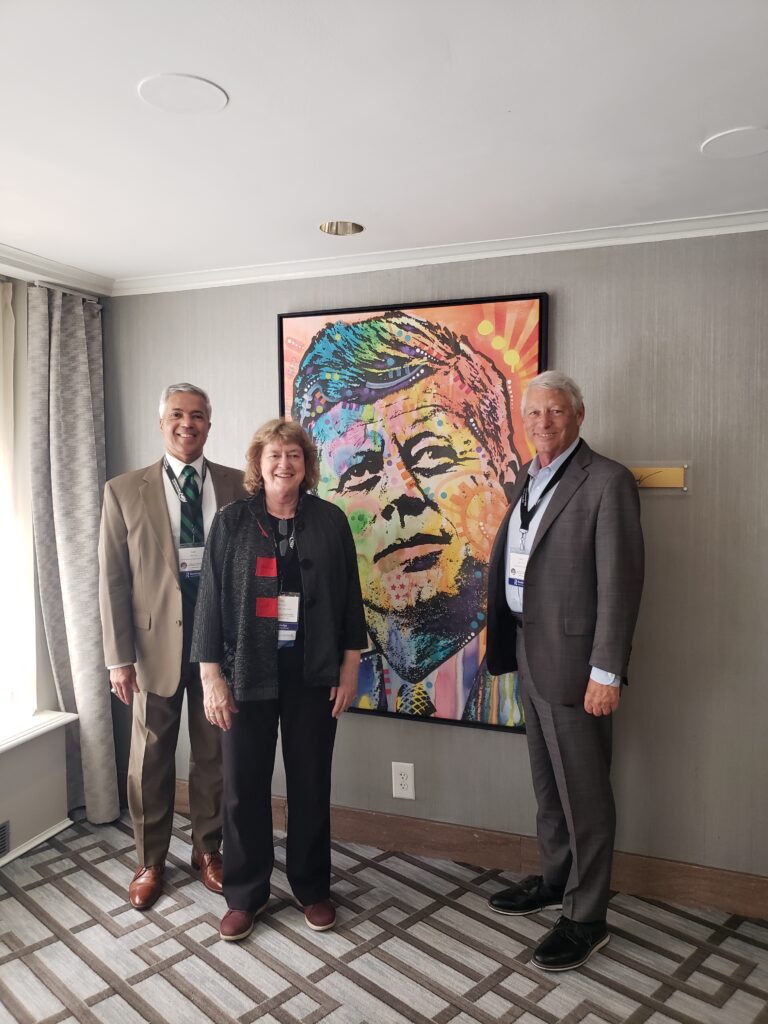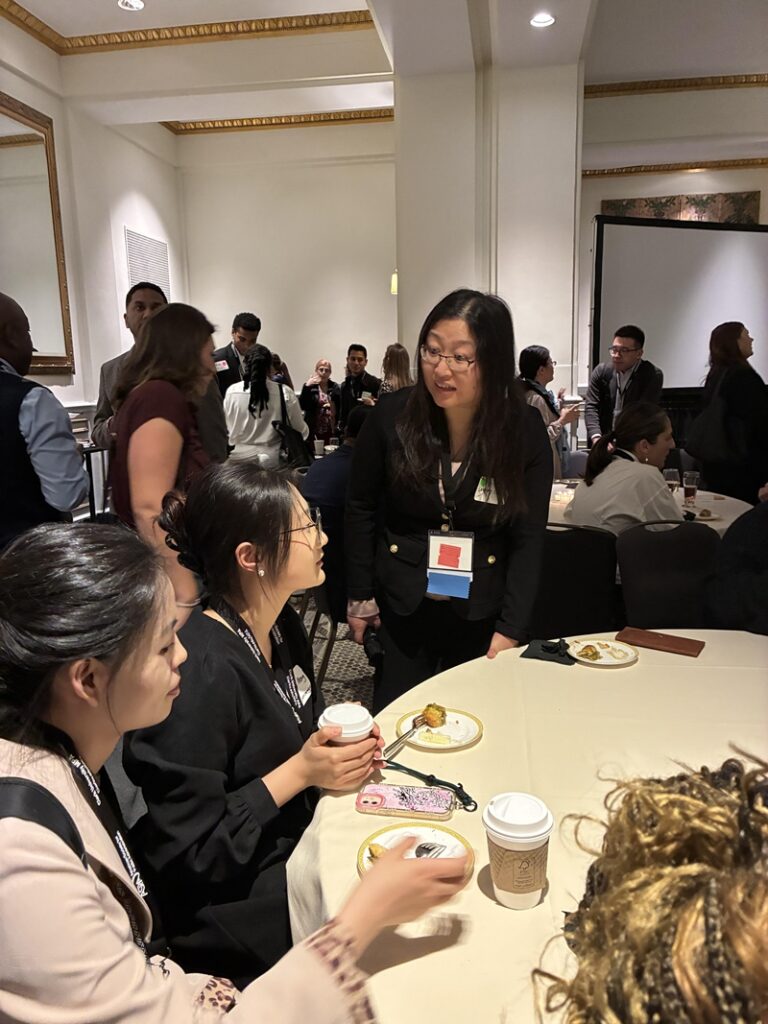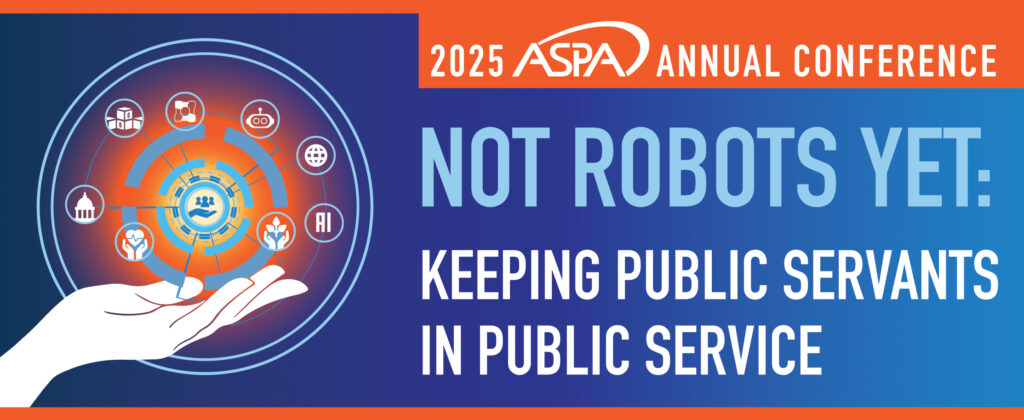Summary respectfully submitted by Kitty Wooley, Keesha Gill, and Whitney Meyerhoeffer
In today’s evolving workplace, cultivating a safe environment for open, honest communication is essential for organizational success. Recently, the National Capital Area Chapter of the American Society of Public Administrators hosted a Drinks and Conversations discussion on “Creating Organizational Safe Spaces.” To prioritize trust and camaraderie of these specific events we did not record it, however, here are some of the key insights and strategies shared.
Understanding Different Perspectives on Safety
One major takeaway was the idea that safety in the workplace isn’t universal. What feels safe to leaders may not feel safe to employees at other levels. Leaders must recognize that their position may afford them a sense of security not shared by everyone in the organization. Being mindful of these differences is the first step in fostering an inclusive environment where all voices are valued.
Beyond the Meeting Room
Organizational safety extends beyond what happens in formal meetings. Employees notice how leaders interact with them in all contexts, and these day-to-day interactions set the tone for trust. Actions outside the meeting room are just as important as the discussions within it; they reveal whether leaders truly value openness and mutual respect.
Leveraging Third-Party Feedback Channels
The group discussed the value of third-party facilitators in collecting employee feedback. A neutral party can often build more trust and foster greater honesty, as employees may feel more comfortable sharing their experiences and concerns. Many organizations, such as the U.S. Department of State and the Nuclear Regulatory Commission (NRC), offer anonymous reporting systems to encourage openness while protecting individual identities. This approach can help leaders receive honest feedback without employees fearing potential repercussions.
The Importance of Acting on Feedback
Feedback is only as effective as the response it generates. When employees see that their input leads to tangible action, it strengthens trust and demonstrates that their voices are valued. Leaders should be careful not to react defensively or dismiss feedback; this can discourage future input and create an unsafe environment.
Recognizing the Cost of Silence
Failing to foster open communication can have a financial impact. When employees do not feel safe speaking up, issues can remain unresolved, leading to inefficiencies and budget implications and high turnover rates. Professional skepticism—encouraging employees to question processes and suggest improvements—was highlighted as a key element in creating an innovative, responsive organization.
Taking Action Before Issues Escalate
By the time a workplace’s issues are visible from the outside, it’s often too late to easily remedy them. Addressing problems internally before they become public ensures a healthier work culture and protects the organization’s reputation. Leaders should actively listen to concerns, rather than assume they already have the full picture. As one participant noted, letting go of the “IKEA effect” (the bias of believing that, because you built something, you know best) can help leaders become more receptive to feedback and uncover blind spots they might have missed.
Using Tools like 360 Reviews Wisely
Some agencies use 360-degree reviews to gather a well-rounded perspective on employee performance and satisfaction. When done correctly, these reviews can be a valuable tool for uncovering hidden issues and fostering a culture of accountability and continuous improvement. The group discussed limitations to the 360 review when the sample is so broad that the process becomes cumbersome and time-consuming.
Future Discussions: Giving and Receiving Feedback
In response to interest from participants, future events in this series may delve into topics such as effectively giving and receiving feedback in the workplace. These discussions will further explore how leaders and employees can improve their communication skills to create a safer, more productive environment for all.
Creating an organizational safe space isn’t easy, but the benefits are undeniable. By taking these insights to heart, leaders and employees alike can work together to build workplaces where everyone feels empowered to contribute. Thank you to all who joined the discussion and shared their valuable experiences and ideas!






